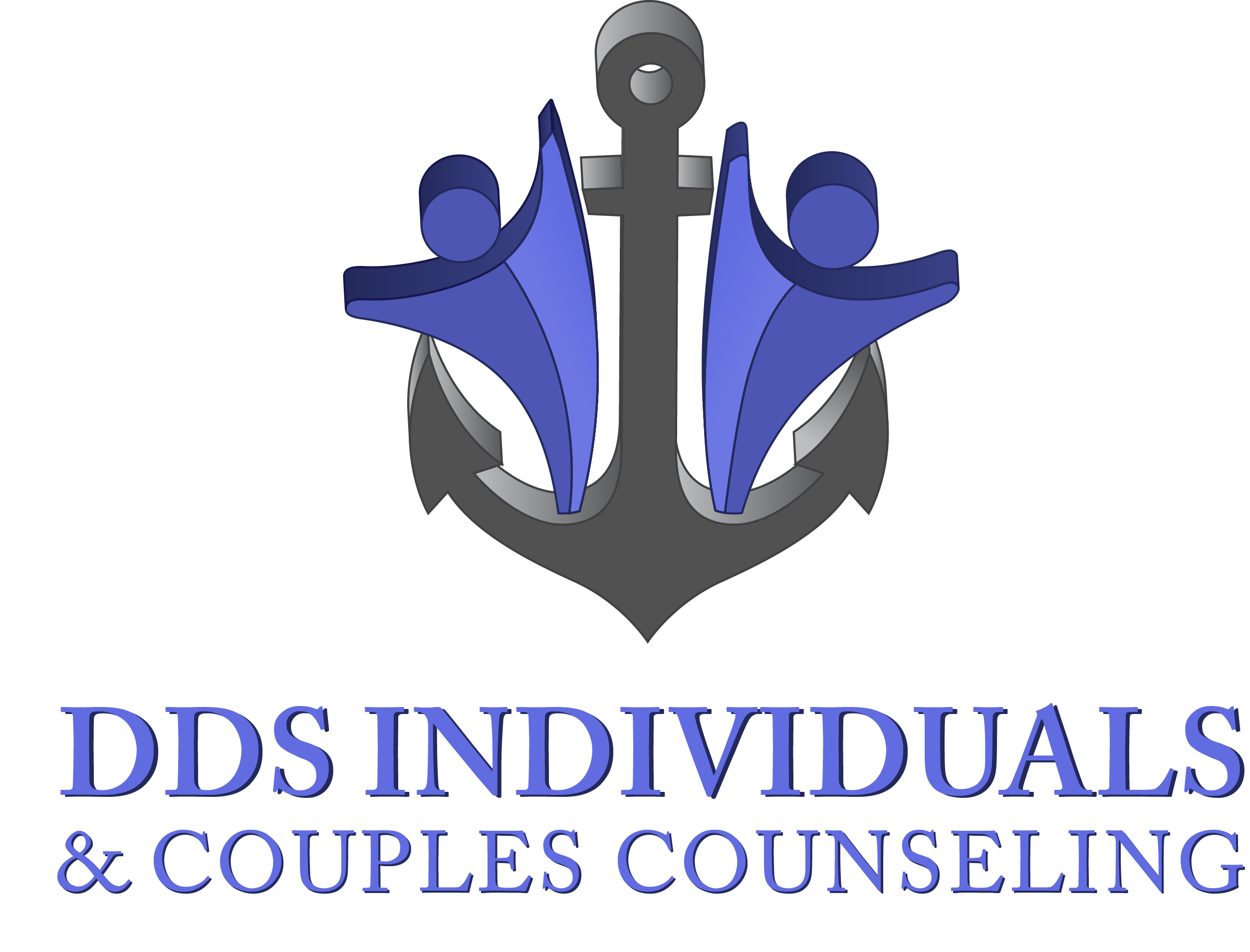- Narcissists are often assumed to be braggadocious, extroverted individuals that are always the center of attention.
- Introverted narcissists use what’s known as covert psychological behaviors that can mask their true intentions. Because of this, their manipulation tactics can be harder to spot.
- Some of the signs of an introverted narcissist include playing the victim, being unable to handle criticism, and downplaying one’s skills or abilities in order to get praise from others.
- As we attempt to shield ourselves from narcissists, it’s important to distinguish the difference between those with narcissistic personality traits and those with narcissistic personality disorder, a mental health condition often caused by childhood trauma.
- Do your best to maintain healthy boundaries while also fostering empathy for the individual who may be suffering themselves. This can be accomplished by focusing on what’s in your control and putting yourself in their shoes (from a distance).
Perhaps it’s something about the magnetic allure of narcissistic personalities — or maybe it’s our own dark, inner desires to focus intensely on ourselves that spark interest in narcissism. Whatever the case, we know a lot about the extroverted, grandiose persona typically associated with narcissists — but introverts can be narcissistic, too.
Introverted narcissists are sometimes referred to as covert narcissists because their tactics and ways of getting attention are less obvious and less obnoxious than a “classic” narcissist. But that doesn’t mean that your risk of being manipulated is any lower. Learn more about the signs of an introverted narcissist, covert narcissistic behavior, and why it’s important to empathize with people who have narcissistic personality disorder — a real mental health condition — vs. those with narcissistic personality traits.
Covert vs. Overt Psychological Behavior
In psychology discourse, there are covert and overt psychological behaviors. In a nutshell, overt behaviors tend to be obvious in nature, while covert behaviors are more easily hidden. An example of covert narcissistic behavior would be to take on extra work at your job, but doing so only to try and get recognition from your boss: Telling your boss that you’re clearly the most qualified person to handle the extra work (even if it’s not true) would be overt narcissism.
In real-world interactions, an introverted narcissist may:
- Demand constant validation of their talents and skills by downplaying their accomplishments to others: A classic sign of an introverted narcissist might be insisting that they’re untalented, or are perpetually feeling down about their own abilities. However, they’re only doing this to get those around them to pay attention and invest more energy into their egotistical games.
- Be unable to handle criticism, but have no issue dishing it out: Like overt or extroverted narcissists, covert narcissists are often incapable of receiving criticism about their actions or words. But while an extroverted narcissist may explode with anger or savage comments when confronted, an introverted narcissist is more likely to hold a grudge and wait for the perfect moment to take revenge.
- Only show empathy when there’s a chance to be recognized for doing so: In their personal dealings and relationships, introverted narcissists may be likely to appear altruistic or sympathetic when there’s an opportunity to climb the social ladder by seeming to be kind.
Spotting an Introverted Narcissist’s Misleading Tactics
Instead of showboating their skills, appearance, or other assets like an extroverted narcissist would, an introverted narcissist is more likely to use more misleading tactics. Pity is often weaponized against those who are unaware that they’re being manipulated. The other signs of an introverted narcissist are:
- Claiming to be misunderstood because they are special or otherwise set apart from ordinary people: Introverted narcissists may tell those closest to them that they’re misunderstood, or feel isolated from others because other people have somehow let them down. In reality, introverted narcissists may not always realize that their feelings of isolation come from being difficult to interact with.
- Being unable to value the opinions of others, yet don’t feel comfortable sharing their own: Like many introverts, one of the signs of an introverted narcissist might be social anxiety, or an unwillingness to share their inner thoughts. Instead, they may cope with their fragile self-worth by criticizing others.
- They view themselves as a victim: Introverted narcissists label themselves as victims, particularly in personal relationships. Viewing oneself as a victim lays the emotional burden and responsibility of dealing with interpersonal conflict on the other person, not on the narcissist.
Shield Yourself from Narcissistic Behavior
Many of the narcissistic individuals we encounter in our day-to-day have narcissism as a personality trait — but a smaller group of individuals have narcissistic personality disorder (NPD). NPD is a mental health condition that often results from childhood trauma and emotionally abusive or neglectful family relationships. Those with the disorder develop a different view of themselves and the world around them as a way of coping.
Keep this in mind as you attempt to protect yourself from the introverted narcissists in your life. Here are a few tips for both maintaining the proper boundaries and fostering empathy for an individual who might be suffering themselves:
- If the individual is a family member, it can be helpful to keep in mind that you’re not responsible for their behavior, only your own. Hurtful words or demonstrations of anger will only make you regret your actions and add to an introverted narcissist’s victim mindset.
- Don’t engage with an introverted narcissist if they refuse to accept responsibility for their lies or manipulation. Instead, keep in mind: their behavior isn’t your fault (and if they have NPD, it might not be their fault either). Do your best to remain calm and rational.
- Try to put yourself in their shoes—from a distance. Narcissists may seem as though they have life figured out, but in reality, their hurtful words and actions may be a facade that masks their own pain.
- Watch out for narcissistic behavior, but don’t self-diagnose, or tell others that they have NPD. If you’re concerned about yourself or someone you love, connect with a therapist or counselor on your own or together for more support.

